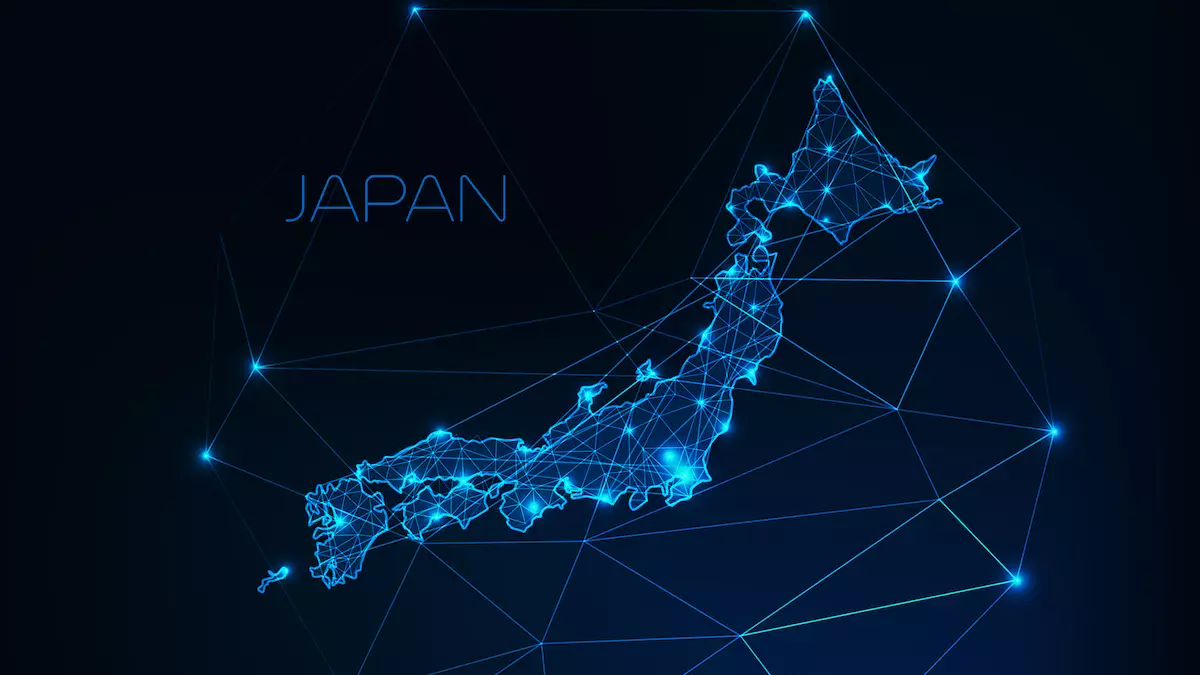Japan’s Minister of Economy, Trade, and Industry, Takeru Saito, recently unveiled tax reforms aimed at fostering the growth of startups in the Web3 and blockchain sectors. This announcement was made during the WebX Conference in Tokyo, which is known as the largest event in the city dedicated to cryptocurrencies. Saito used this platform to emphasize the Japanese government’s dedication to creating a conducive environment for innovation in the Web3 space.
Prime Minister Fumio Kishida envisions the seamless integration of Web3 and blockchain technologies into Japan’s economic and social development strategies. He refers to this vision as “new capitalism,” identifying these technologies as potential solutions to some of the country’s most pressing social issues. The government, under Kishida’s direction, has laid out a comprehensive Web3 strategy that goes beyond mere economic measures. It includes initiatives aimed at building the necessary infrastructure for Web3-related tokens to operate in Japan and streamlining payment processes involving these technologies to drive innovation across various sectors.
Japan’s embrace of Web3 technology extends beyond economic growth to addressing crucial social issues, particularly in rural areas. A noteworthy example is the Neo-Yamakoshi project in Niigata, where blockchain and non-fungible tokens (NFTs) are being utilized to revive communities grappling with demographic decline and economic challenges. The Nishikigoi NFT collection, inspired by colorful koi fish, acts as digital identifiers and governance tokens for the project’s residents. The initiative has garnered significant support, with nearly 1,700 digital citizens and over $423,000 raised to aid local development efforts. Supporters holding Nishikigoi tokens have the opportunity to participate in governing the village’s decentralized autonomous organization (DAO) and contribute to decisions affecting the community.
Japan’s proactive stance on Web3 and blockchain technology stands in stark contrast to the regulatory approach taken by the United States. While Japan aims to create an innovation-friendly environment and leverage blockchain technology to address social issues, the U.S. has adopted a more conservative and protective stance. The recent Wells notice issued by the U.S. Securities and Exchange Commission (SEC) to Opensea, a leading NFT marketplace, underscores this regulatory disparity. Japan’s willingness to explore the potential benefits of new technologies and embrace innovation sets it apart from countries grappling with regulatory challenges.
By continuing to support the Web3 revolution through tax reforms and infrastructure development, Japan is positioning itself as a key player in the global Web3 ecosystem. The contrast between Japan’s forward-thinking approach and the U.S.’s regulatory hurdles may shape how each country navigates the future of blockchain and digital assets. Japan’s commitment to fostering innovation and creating an enabling environment for Web3 technologies underscores its ambition to be a leader in this rapidly evolving space.
Japan’s tax reforms and strategic initiatives signal a strong commitment to nurturing Web3 innovations and leveraging blockchain technology for social impact. As the global landscape of Web3 continues to evolve, Japan’s proactive stance positions it as a frontrunner in the race towards innovation and technological advancement.

